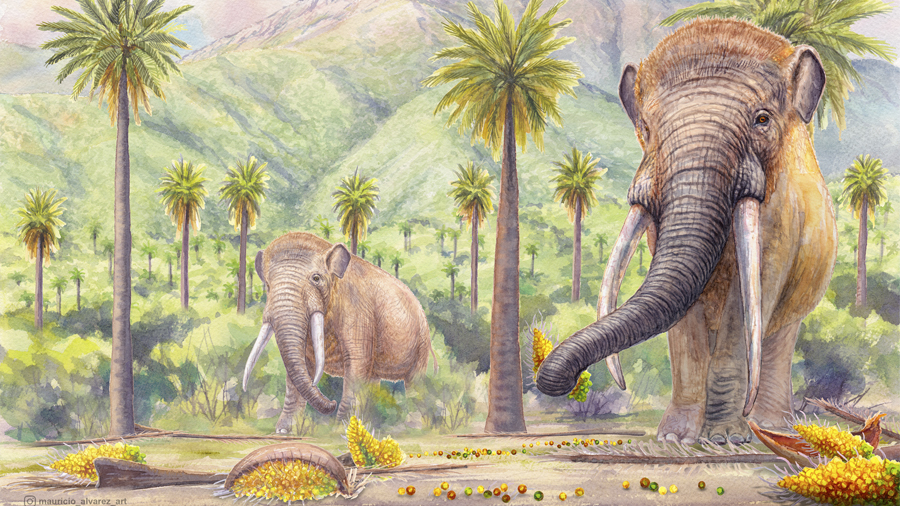News
Search results
Showing matches with:
Extensive dog diversity existed millennia before modern breeding practices
14 11 2025
An innovative study published in Science which included the involvement of UAB archaeologists reveals that the remarkable diversity characterising dogs today began some 11,000 years ago. The study thus questions traditional hypotheses that point to this diversity being largely the result of the selective breeding done by Victorian kennel clubs.

Specialised potteries in the southeast of the peninsula reveal the complex organisation of the El Argar society 4,000 years ago
10 11 2025
The production of El Argar pottery was organized in specialised workshops located next to specific clay deposits, far from the main centres of power, according to a new study lead by UAB researchers and published in in the Journal of Archaeological Science. This production model reinforces the existence of a complex, hierarchical, supra-local organisation in the southeast of the Iberian Peninsula during the Bronze Age.
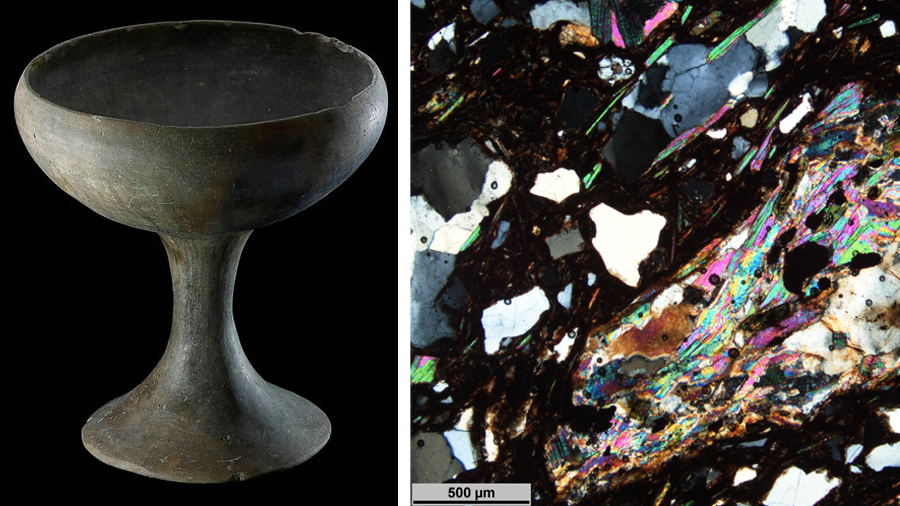
CEPAP received two IdC programme projects to boost digital management of archaeological data
06 11 2025
The Centre for the Study of Prehistoric Archaeological Heritage (CEPAP) of the UAB Department of Prehistory has obtained two grants from the Catalan Ministry for Research and Universities to promote the development and transfer of its SUGAR software (Software for Unified Governance of Archaeological Research). The projects, awarded in this year's call for proposals for the Knowledge Industry (IdC) programme, were the only ones in the humanities' field to be funded in the Product and Innovators categories.
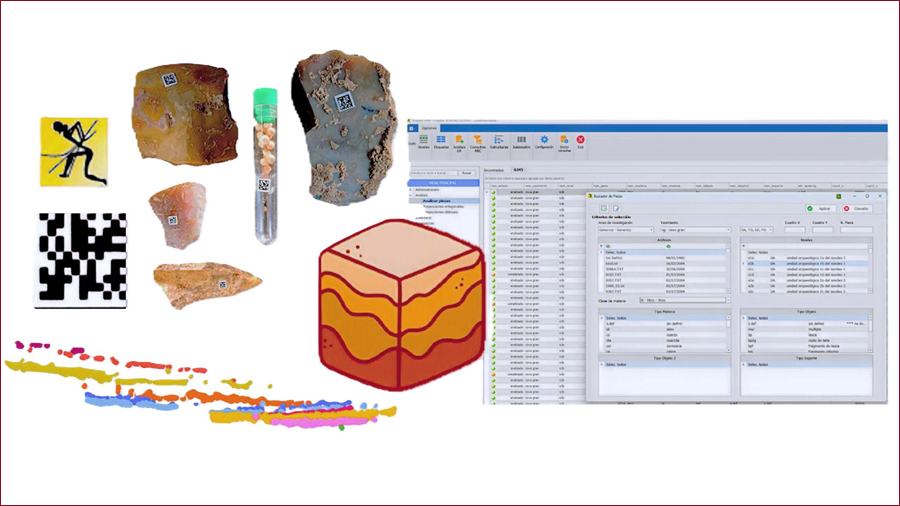
The UAB Archaeology and Palaeontology Campus: ten years of successly connecting teaching, research and surroundings
03 11 2025
The UAB celebrated the 10th anniversary of its Archaeology and Palaeontology Campus with a conference on the history and future challenges of this network, made up of archaeological sites, municipal facilities, museums and archaeological parks in which the University carries out part of its teaching and research in both disciplines. The campus is a strategic project of the UAB that represents an essential improvement in the training of archaeologists and palaeontologists in Catalonia, with the introduction of compulsory practices in archaeology and paleontology as a distinctive feature.
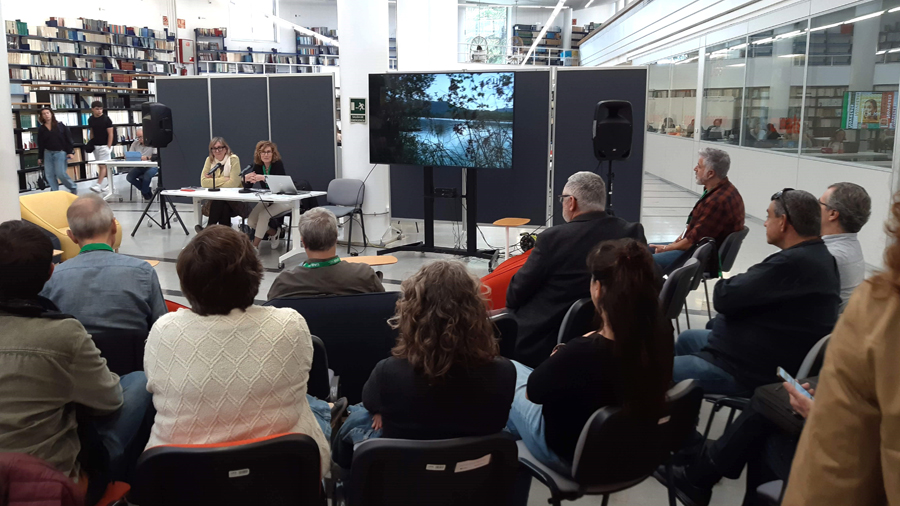
The UAB to host the exhibition "InterMedit - El viatge possible"
27 10 2025
The Periodicals Room of the Humanities Library will be hosting the exhibition InterMedit - El viatge possible, which connects Catalonia, the Balearic Islands and Occitania through trade and cultural contacts in the ancient Mediterranean. The exhibition, which will be inaugurated on 29 October at 1:00 p.m., will include the collaboration of the Digital Lab and the CORE in Cultural Heritage.

Earliest Neolithic communities were inclusive and open to newcomers
09 10 2025
An international study with the involvement of the UAB, published in Nature Scientific Reports, reveals new findings based on the teeth found at five archaeological sites in Syria. These findings give new insights into how the world’s first farming villagers formed communities, moved across the land, and responded to outsiders. The research reconstructs mobility patterns that had never been observed before.
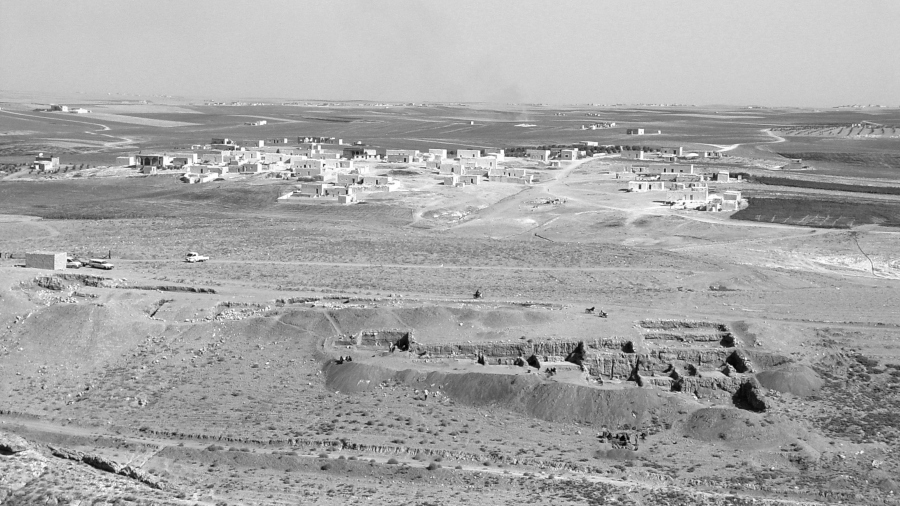
Science Workshop Fair on Campus
24 09 2025
The Department of Prehistory is taking part in the 2025 European Researchers’ Night.
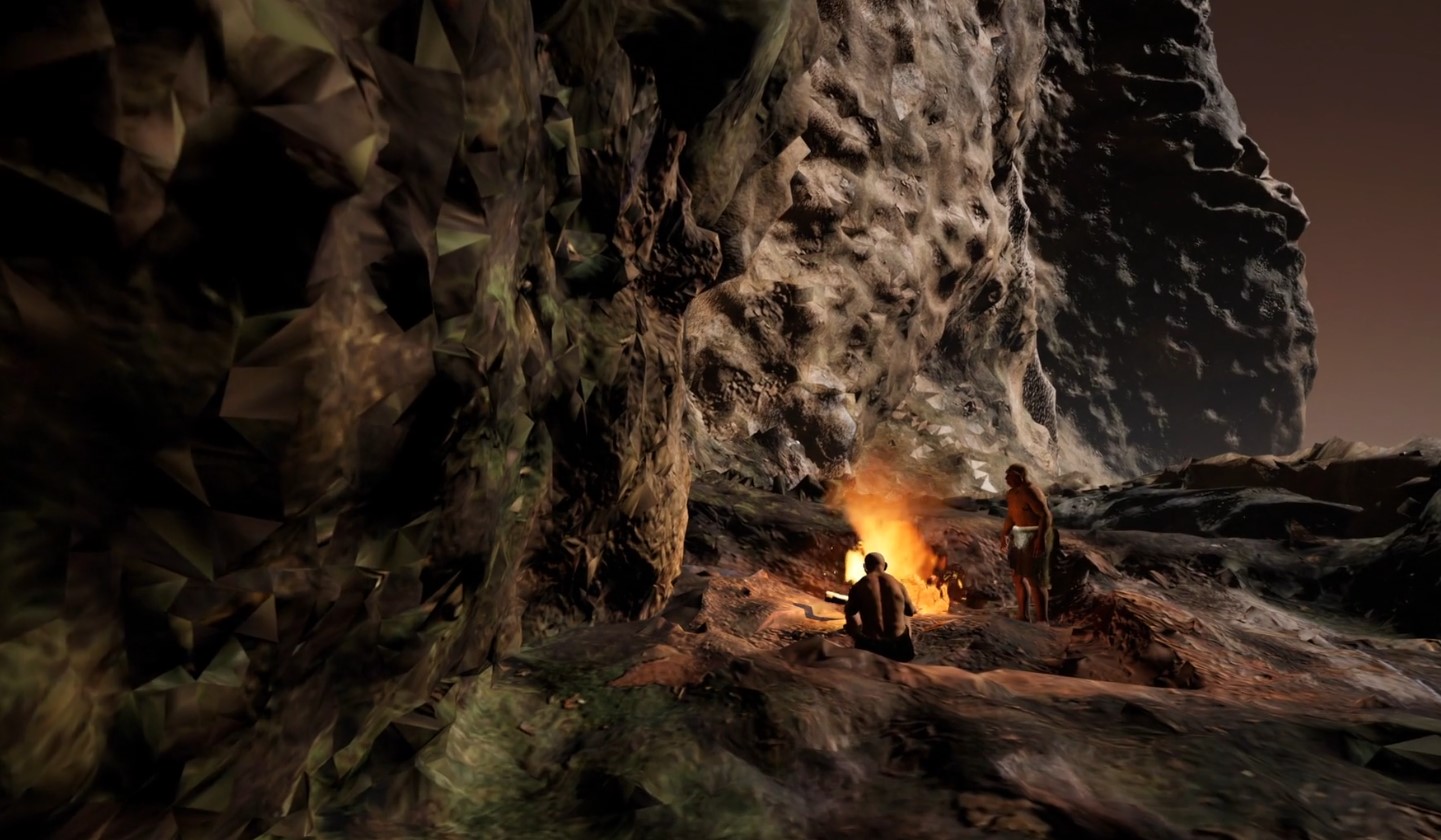
The UAB hosts the 'Archéosexisme' exhibition
17 09 2025
The Faculty of Philosophy and Arts at the Universitat Autònoma de Barcelona (UAB) is organizing a series of academic and cultural activities to raise awareness and foster debate on sexism in the field of archaeology.
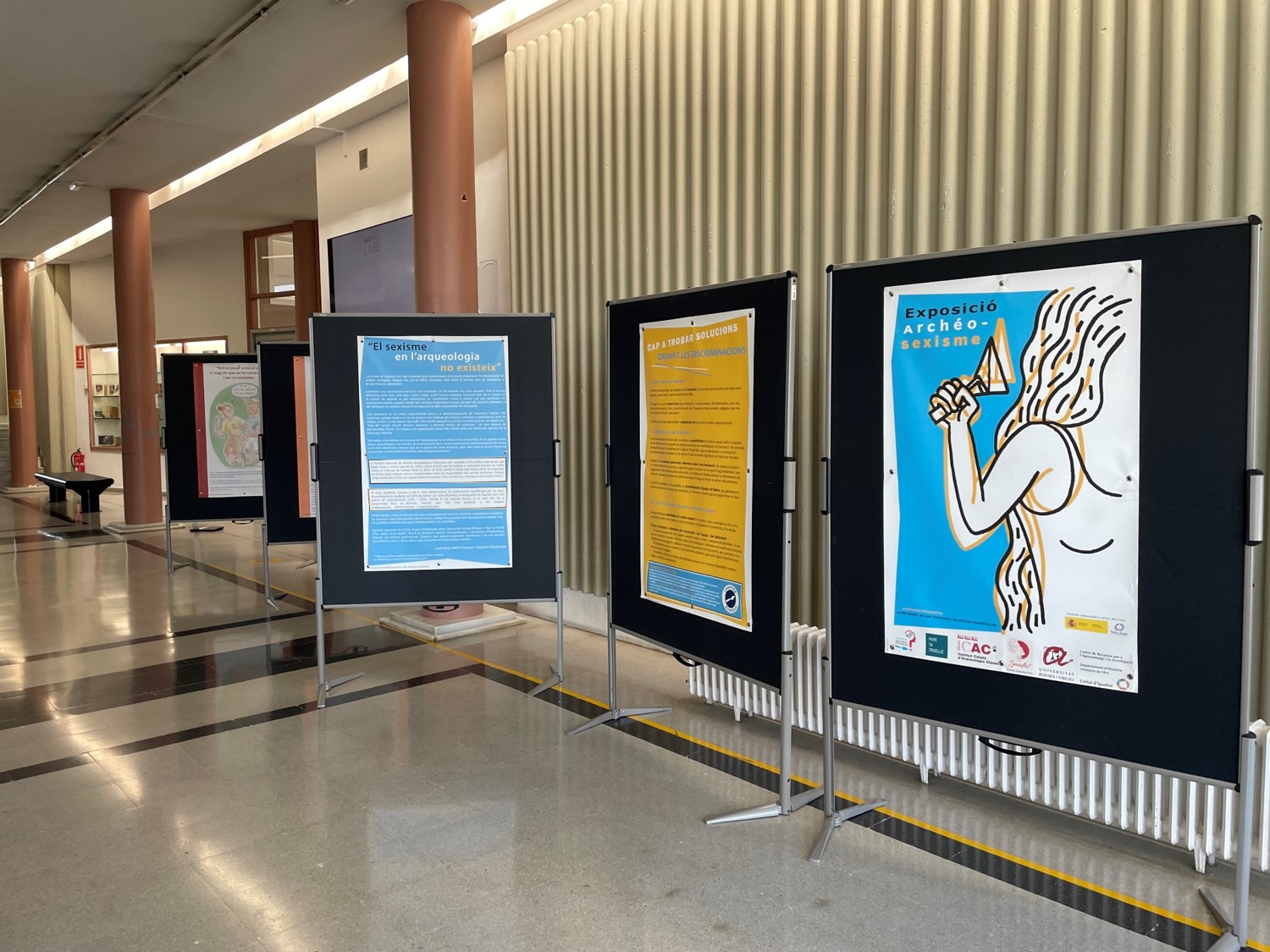
Two ERC Advanced Grants for UAB researchers
17 06 2025
Archaeologist Roberto Risch, professor in the Department of Prehistory, and science historian Marco Armiero, ICREA researcher at the Institut d’Història de la Ciència (IHC), receive an Advanced Grant from the European Research Council (ERC) in the 2024 call for proposals.
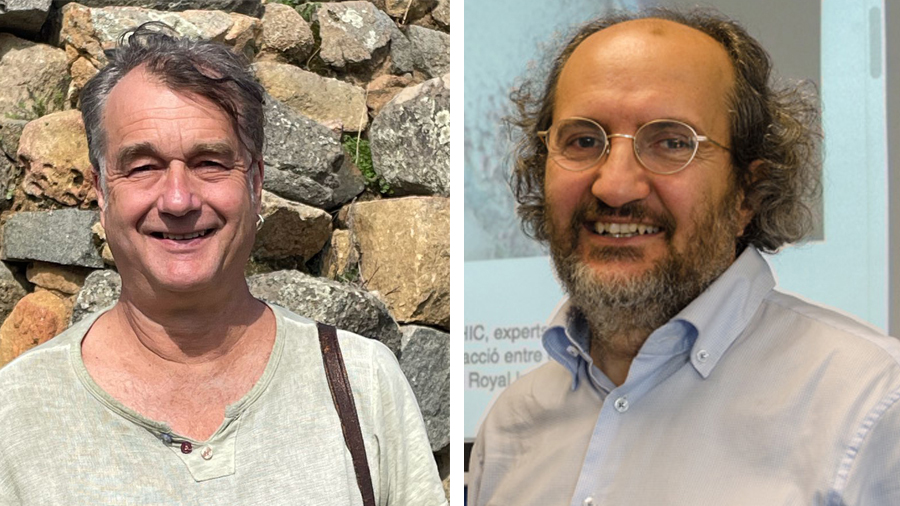
The disappearance of mastodons still threatens the native forests of South America
13 06 2025
A study with the involvement of the UAB, IPHES-CERCA and URV, published in Nature Ecology & Evolution, provides for the first time direct fossil evidence of frugivory in South American mastodons and shows the lasting ecological impact of their extinction.
